
Can you lose custody for not co parenting? Co-parenting means working together with your former partner to raise your kids after a breakup or divorce. It works best when both sides talk openly, respect each other, and put the kids first. But sometimes, this teamwork isn’t possible, and it might raise worries about losing custody.
Courts focus on what’s best for the child, like stability and having a bond with both parents. If one parent makes co-parenting hard, it could make the court step in and change custody. But losing custody doesn’t just happen. However, it depends on how serious the problem is and what’s going on in your case.
Can You Lose Custody For Not Co Parenting? But, First, What Is Co-Parenting?
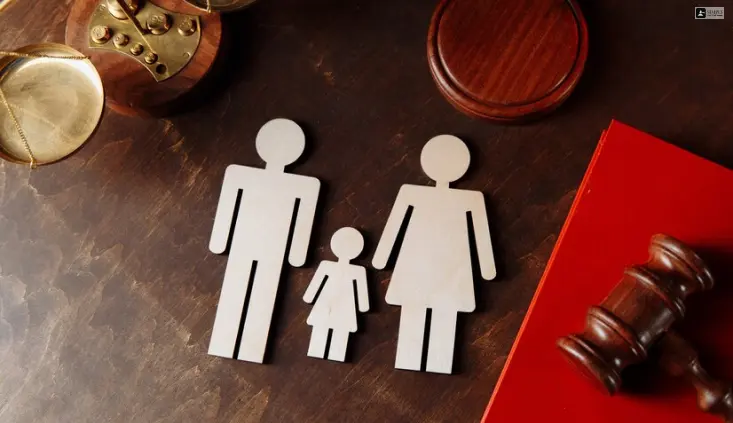
Co-parenting means working with your ex-partner to take care of your shared child after a breakup. It’s all about making sure your kid feels safe and loved, even if you and your ex don’t live together anymore.
To do it right, you need to talk well, respect each other, and focus on your child’s needs. When parents fight or don’t get along, it can be tough for the child’s feelings.
What Kind Of Co-Parenting Is Necessary To Not Lost Custody?
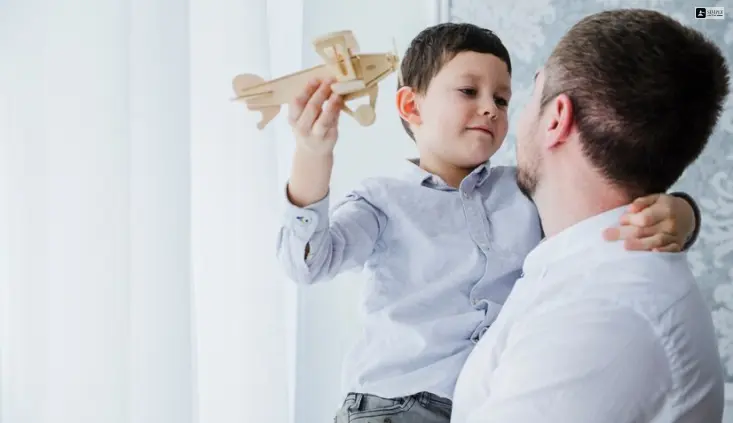
Can you lose custody for not co parenting? Well, let us find out what successful co parenting can look like.
Consistency in Rules
It’s important for both households to have similar rules, routines, and disciplinary methods. This consistency provides the child with stability and predictability, fostering a sense of security.
Flexibility
Being open to changes in parenting schedules or arrangements is essential. Life can be unpredictable. Therefore, being adaptable helps accommodate these changes while keeping the child’s needs a priority.
Communication
Open and effective communication between co-parents is vital. Sharing information about the child’s well-being, progress, and any challenges helps in making joint decisions. Therefore, it ensures both parents are actively involved in the child’s life.
Maintaining these aspects of co-parenting can be tough, especially if there’s a history of conflict or mistrust. Can you lose custody for not co parenting? Well, yes.
However, focusing on the child’s best interests and consistently working together can lead to positive outcomes for everyone involved.
Therefore, most importantly, good co-parenting is important because not co-parenting well might impact custody arrangements.
Factors Contributing to Custody Loss Due to Co-Parenting Issues
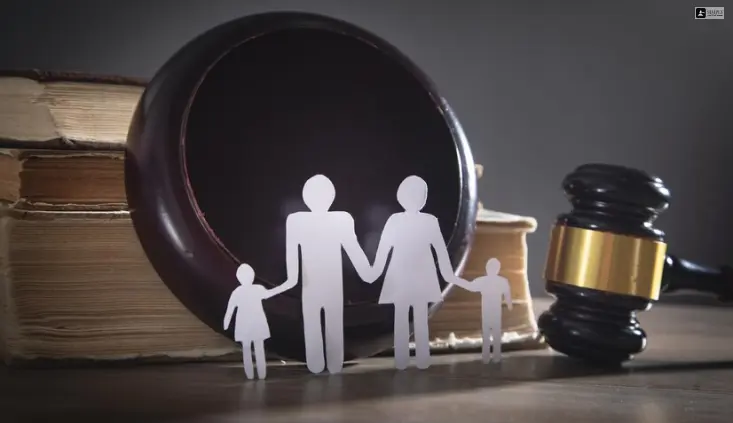
Can you lose custody for not co parenting? Let’s find out.
In custody disputes, ineffective co-parenting can influence court decisions. The court values both parents’ involvement. However, it may alter custody if one neglects responsibilities or harms the child’s well-being.
Therefore, conflicts like constant disagreements or court agreement violations can impact custody decisions. Courts prioritize the child’s stability. Thus, showing commitment to co-parenting and the child’s needs is important for retaining custody rights.
Thus, these are the grounds on which you can lose child custody.
Lack of Consistency
Consistency in co-parenting approaches is crucial for a child’s stability. If parents maintain different rules, routines, or disciplinary methods between households. Therefore, it can cause confusion and disrupt the child’s sense of security.
Ineffective Communication
Can you lose custody for not co parenting? Well, poor communication between co-parents can definitely be a problem. Thus, where they fail to share crucial information about the child’s well-being, progress, or challenges, these factors can reflect negatively.
Therefore, courts prioritize joint decision-making and active involvement from both parents in the child’s life.
Inflexibility in Adjustments
Being unwilling to adapt to changes in parenting schedules or arrangements may indicate a lack of willingness to prioritize the child’s needs. Flexibility is crucial to accommodate unforeseen circumstances. Therefore, ensure the child’s well-being remains the primary focus.
Inability to Work Together
When co-parents struggle to work together in the child’s best interest, it might indicate an unsupportive or hostile environment. Courts prioritize a nurturing and supportive atmosphere for the child. Therefore, an inability to create this may affect custody arrangements.
Overcoming Co-Parenting Challenges for Positive Results
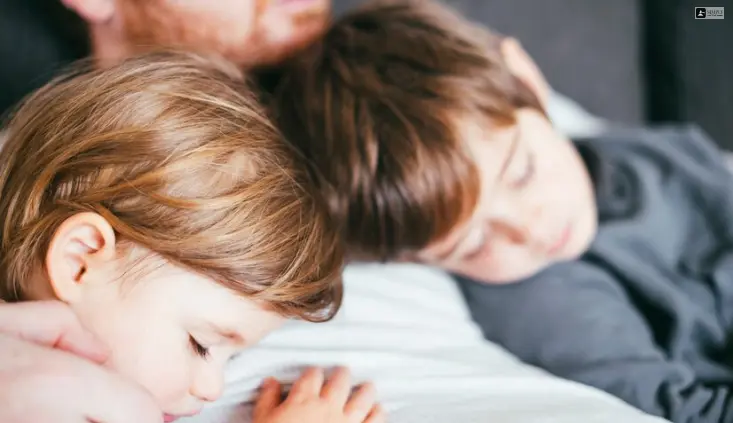
Can you lose custody for not co parenting? Well, yes. But Co-parenting does come with some challenges. It presents challenges requiring communication, compromise, and flexibility. Disagreements and scheduling issues are common.
Solutions include a detailed co-parenting plan, covering schedules and communication methods, reducing conflicts. Therefore, open, respectful communication focusing on the child’s needs is crucial. Technology like co-parenting apps aids in tracking child-related information and activities.
How A Mother Can Lose A Custody Battle?
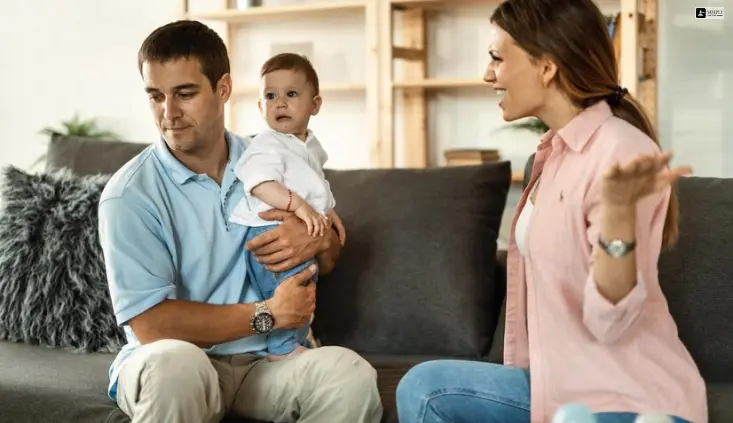
A parent’s ability to effectively co-parent is crucial in custody battles. When one parent fails to collaborate or communicate with the other, it raises concerns for the child’s well-being.
Courts prioritize a stable environment for children and consider factors like parental involvement. Lack of co-parenting may signal to the court that a parent is not committed to the child’s best interests.
Therefore, courts may view this as a sign of potential instability and disregard for court-ordered agreements. Effective co-parenting reflects a parent’s dedication to maintaining a healthy environment for their child, a factor courts consider significant in custody decisions.
Failure to effectively co-parent can significantly impact a mother’s custody battle. Reasons for losing custody may include the following.
- Disregarding court orders.
- Substance abuse.
- Endangering the child’s well-being.
- Lastly, interfering with the other parent’s time with the child.
Additionally, allegations of abuse, financial instability, or relocating the child without consent could lead to custody loss. Not having legal representation and a lack of communication and cooperation in co-parenting also pose risks in custody disputes.
What Is Considered Harassment By A Co Parent? Can You Lose Custody For Not Co Parenting?
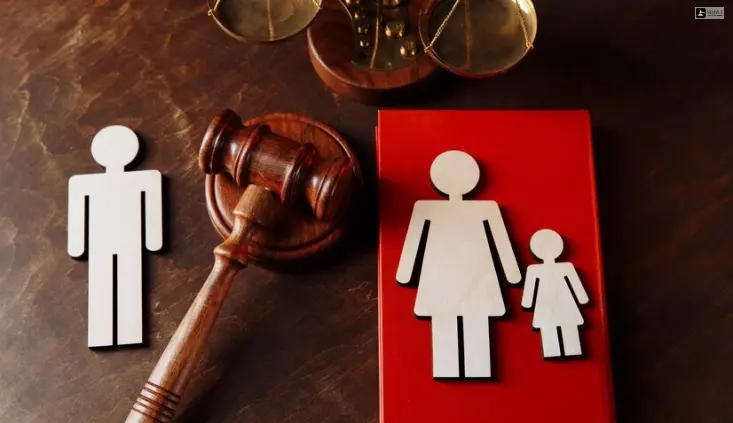
Maintaining a healthy co-parenting relationship is vital, but it can be tough. Harassment from a co-parent takes various forms.
For example, threats, unwanted contact, or controlling behavior. Thus, criticism, insults, or refusing to cooperate are examples of harassing behavior.
Threats and stalking toward a co-parent are clear signs of harassment. If you’re facing this, set firm boundaries and record these incidents. Most importantly, seek help from professionals or a lawyer to address co-parent harassment. It’s crucial to tackle this issue as it can harm both parents and children involved.
Can One Parent Keep A Child From The Other Parent Without Court Orders?

Can you lose custody for not co parenting? Well, now that we have answers, let us find out more. Refusing a parent time with their child without a court say-so has big legal impacts in the US. Courts. For example, like parents and kids to keep in touch, especially after a split, to keep things steady.
Therefore, orders from court lay out who gets custody, helping parents work together and avoid fights. Going against these rules and keeping a child away can be seen as disrespecting the court.
It might mean fines, community work, or even jail. Doing this a lot could change who gets custody based on what’s good for the child. If it keeps happening, a parent might not see their kid at all.
Sticking to court rules is super important to keep parental rights and have good parent-kid ties.
To Conclude
So, can you lose custody for not co parenting? Not co-parenting might affect custody in the USA. Courts aim for kids to have both parents involved. If one parent doesn’t cooperate, custody might change. Parenting after a split can be tough.
Taking care of yourself and being there for your child is key. When things get rough, like dealing with a difficult ex or conflicts, setting clear rules helps. And it’s crucial to document any bad behavior from the other parent.
If things don’t improve and it affects the kids a lot, considering full custody might be necessary. Creating a good plan together for parenting helps the child feel secure and keeps things stable. Discussing visits, school, and important stuff like health care and safety ensures everyone’s on the same page for the child’s sake.
Read Also:












